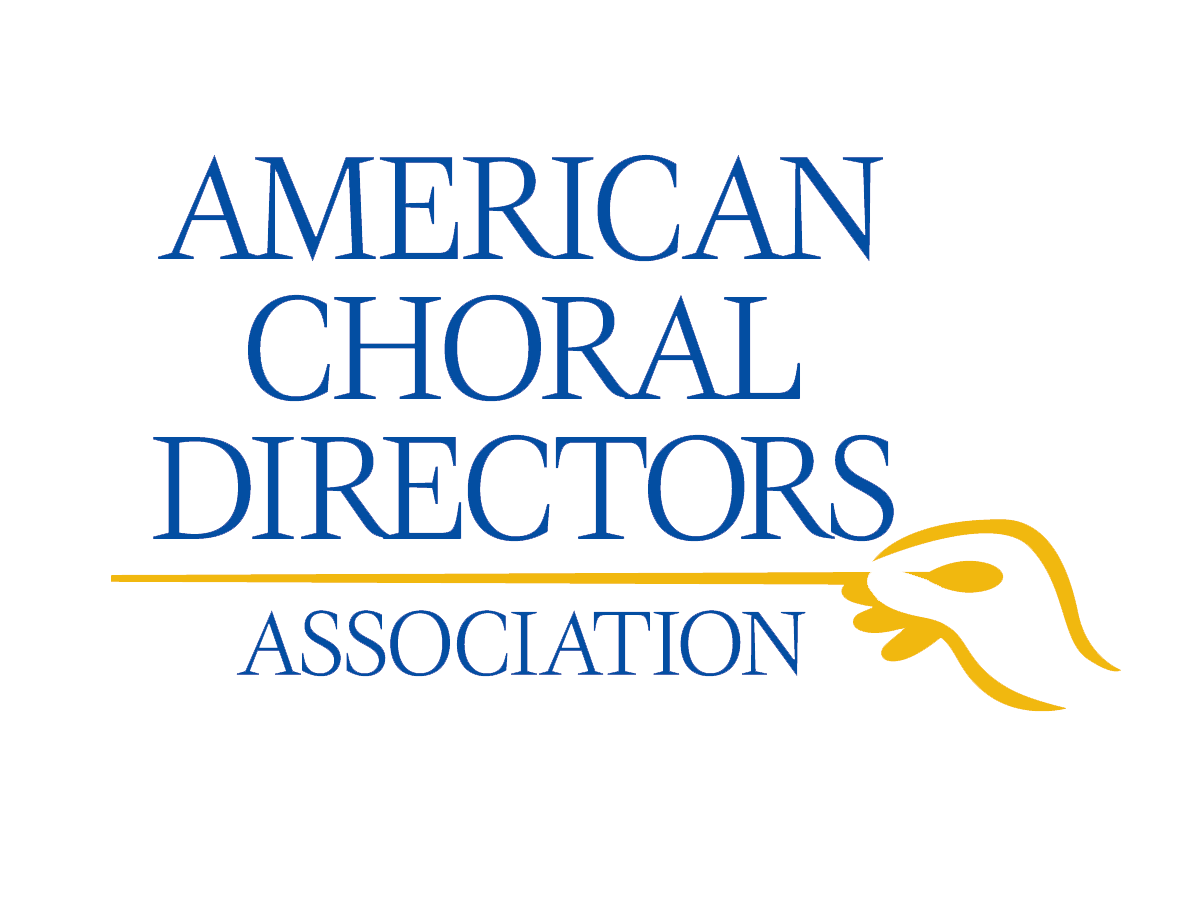What is the significance of church choirs in the cultural landscape of the community? What is the importance of good repertoire for their function as an aesthetic influence in the community? These and many other questions will be considered in this session for church musicians and conductors of groups using music with sacred texts from […]
Charlotte Kroeker, Robert C. MannInterest Session
ACDA International Conductors Exchange Program Visiting International Conductor from China
“What Language Shall I Borrow…” Singing in Translation
Some conductors consider the performance of music in translation a form of blasphemy; others approach such performance with modest consent or out of sheer resignation. This session will demonstrate that the performance of choral music in translation need not be merely satisfactory; it should and can be satisfying. Several different English versions of Bach’s St. […]
Des Moines IADaniel A. Mahraun
Vulnerability : A Hidden Gift of Music
Teaching Your Singers to Fish: How Diction Frees Us to Sing around the World
Since the creation of the National Standards for Music Education in 1994, choral music educators have been distinctly responsible for singing varied repertoire (Standard 1) and for studying the relationships between music and world/historical cultures (Standard 9). Concurrently we have enjoyed an influx of great choral repertoire for school, community, and church choirs from around […]
Des Moines IA.Stephen Sieck
Teach Phrasing First: Practical Considerations for Teaching Artistry at the Beginning of the Rehearsal Process
Choirs learn, internalize, and repeat in performance what they do most often in rehearsal. Good choral pedagogy includes the separation and integration of the technical aspects of the music and the articulation of the music’s artistic and expressive content. If, however, music learning is completely separated from musical expression and artistry, or artistic concerns are […]
Des Moines IA.Steve Grives, Theodore (Ted) Brimeyer


